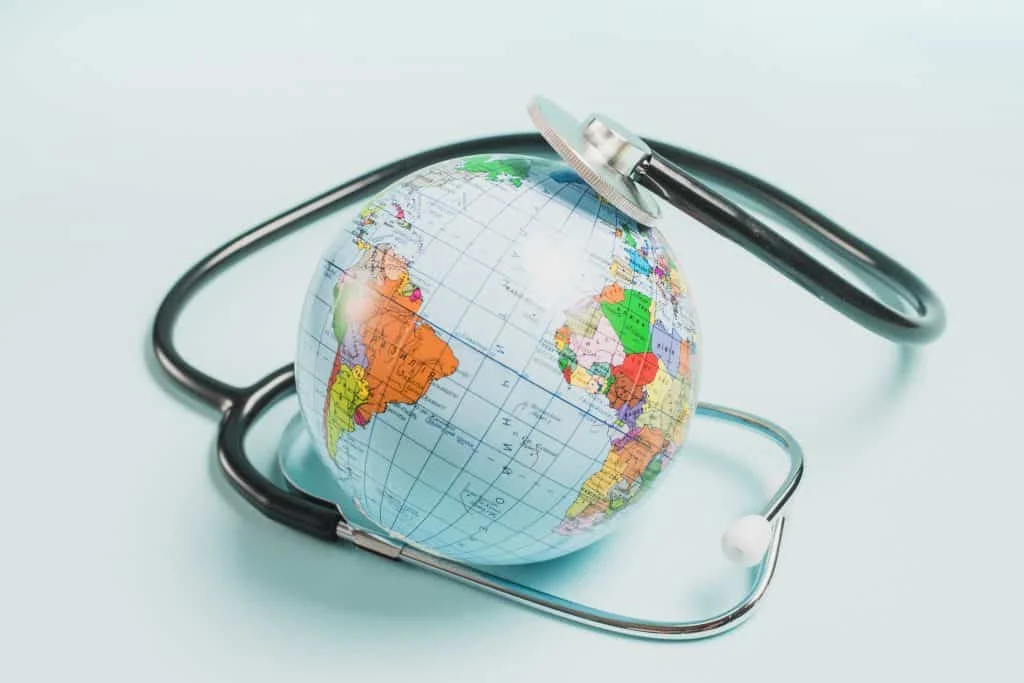Nursing plays a critical role in global health, contributing to efforts aimed at improving the well-being of populations, reducing health disparities, and ensuring that vulnerable communities receive the care they need. Nurses, with their frontline presence and broad skill set, are often the first point of contact in healthcare systems, especially in underserved and rural areas. Their expertise, combined with their ability to provide patient-centered care, makes them essential in addressing some of the most pressing global health challenges.
Health Disparities: A Global Issue
Health disparities refer to the unequal access to healthcare services and differences in health outcomes experienced by various populations. These disparities can arise from socioeconomic factors, geographic location, race, ethnicity, gender, and political instability. Across the world, marginalized and low-income communities often suffer from poor healthcare infrastructure, lack of access to medical services, and an insufficient number of healthcare professionals.
Nurses are pivotal in bridging these gaps. Whether through direct care, education, or advocacy, they work to reduce the effects of social determinants of health that disproportionately affect disadvantaged populations. Nurses are well-positioned to make a difference because they often live and work within the communities they serve, providing a unique understanding of the cultural, economic, and social barriers to healthcare access.
The Role of Nurses in Global Health Initiatives
Nurses are vital to global health initiatives, working in various capacities to deliver care, educate communities, and promote health equity. In many parts of the world, nurses take on responsibilities traditionally held by physicians, particularly in areas with severe healthcare professional shortages. For instance, nurses may manage chronic diseases, provide maternal and child health services, and administer vaccinations—often serving as the primary healthcare providers in remote regions.
Public health nursing is a particularly important area in global health, focusing on preventing disease and promoting wellness in communities. Public health nurses engage in health promotion campaigns, educate communities on disease prevention practices, and help to manage infectious disease outbreaks. These efforts are especially critical in developing nations, where lack of education and resources can contribute to the rapid spread of preventable diseases.
In addition to direct care, nurses contribute to global health through advocacy and policy work. They play a crucial role in shaping health policy at both national and international levels, advocating for the needs of their communities and pushing for equitable healthcare solutions. By participating in policy discussions and working with global health organizations, nurses help ensure that health systems are inclusive, sustainable, and responsive to the needs of all populations.
Education and Leadership in Global Health
Nurses’ impact on global health can be amplified through advanced education and leadership training. By acquiring specialized knowledge and skills, nurses can expand their influence beyond clinical practice to include program management, health systems strengthening, and policy development.
One way for nurses to enhance their role in global health is by pursuing advanced degrees, such as a Doctor of Nursing Practice (DNP). Programs like the one offered at https://academicpartnerships.uta.edu/programs/doctor-of-nursing-practice.aspx are designed to prepare nurses for leadership roles in healthcare organizations, enabling them to drive systemic changes that improve access to care and address health disparities. A DNP equips nurses with the tools to not only provide high-quality patient care but also to lead initiatives that tackle broader health challenges on a global scale.
Tackling Future Challenges in Global Health
As global health challenges evolve, nurses will continue to play a key role in responding to new threats, such as emerging infectious diseases, climate change-related health impacts, and the ongoing rise of chronic diseases. The COVID-19 pandemic demonstrated the essential role nurses play in global health, from managing patient care to spearheading vaccination efforts and public health campaigns.
Looking forward, the integration of technology and telehealth will also be a significant factor in how nurses address global health disparities. Through virtual consultations and remote patient monitoring, nurses can extend their reach to underserved populations that would otherwise have limited access to healthcare.
Conclusion
Nurses are indispensable in the fight to reduce health disparities and improve global health outcomes. Their ability to deliver care, educate, and advocate for communities makes them uniquely positioned to address the challenges faced by underserved populations worldwide. By advancing their education and embracing leadership roles, nurses can continue to influence global health policies and create more equitable healthcare systems for future generations.











